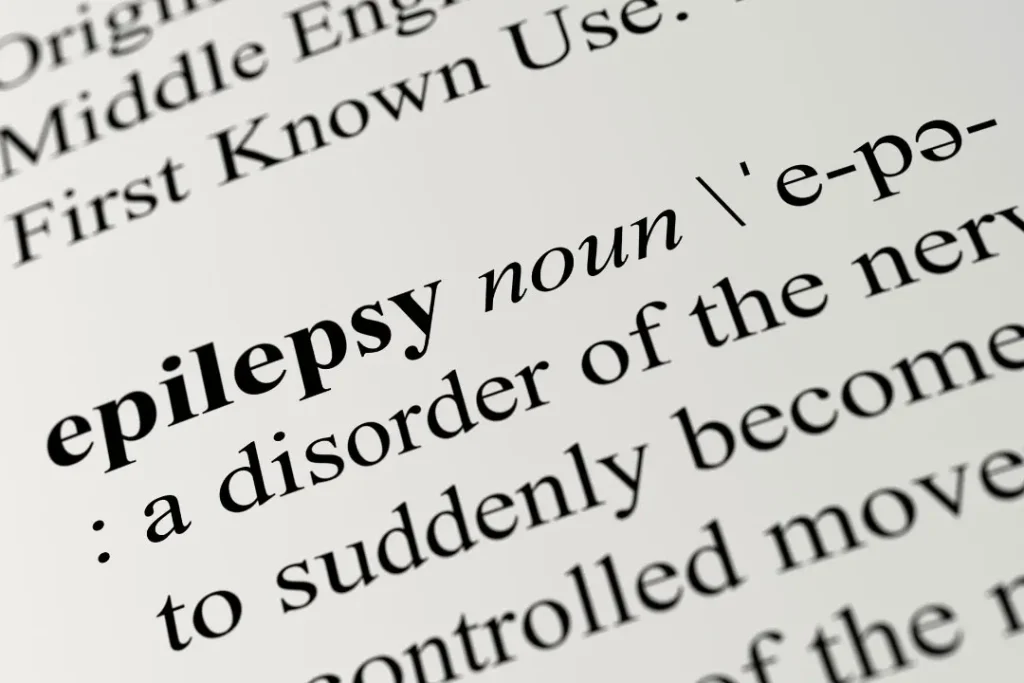The primary inhibitory neurotransmitter of the mammalian central nervous system (CNS) is gamma-aminobutyric acid (GABA). In addition to being directly in charge of regulating human muscle tone, GABA is essential for controlling neuronal excitability throughout the neurological system. Due to its crucial function in the brain and its possible therapeutic uses, it has been a popular subject of much research in nutritional science.
You May Also Like:
Sunmed CBD vs. Partnered Process CBD: Finding the Best CBD for Sleep
What is Non Restorative Sleep? Here are 5 Great Ways to Get Quality Rest Every Night
Gamma-Aminobutyric Acid (GABA): Benefits, Dosage, Side Effects, Drug Interactions, and Other Important Information is an original (NootropicsPlanet) article.
Nature of Gamma-Aminobutyric Acid (GABA)
The enzyme glutamic acid decarboxylase uses pyridoxal phosphate as a cofactor, and converts glutamate, its precursor, into GABA, a four-carbon non-protein amino acid in the brain. In synaptic vesicles, the newly produced GABA is then kept until it can be released into the synaptic cleft.

Health Benefits of GABA
Disorders of the Nervous System and Mind: Since GABA is the primary inhibitory neurotransmitter in the CNS, it can treat many neurological and psychological conditions, such as epilepsy, anxiety, and depression. GABA is an essential component in these disorders due to its calming effects on the brain.
Sleep Quality: Improvements in sleep quality have been attributed to GABA supplementation. GABA makes it easier to unwind and fall asleep by lowering neuronal excitability.
Exercise and Recovery: According to research, taking GABA supplements can increase the synthesis of growth hormones, which can help with recovery and athletic performance.


Chemistry of Gamma-Aminobutyric Acid (GABA)
Gamma-aminobutyric acid, or GABA, is a non-protein amino acid with four carbons. It is classified chemically as an amine of butyric acid because it has two groups that are shared by all amino acids: an amine group (-NH2) and a carboxylic acid group (-COOH). It differs from other amino acids that are not used by the body to create proteins.
Physiological Properties of GABA
Inhibitory neurotransmitters in the central nervous system (CNS) are the primary functions of GABA in the body. They work to lessen the activity of the neurons to which they binds, which lowers their excitability, causing a decrease in neuron firing. GABA plays a crucial role in preventing the brain from becoming overstimulated, which also helps mood control, pain response, and sleep.
Using the enzyme glutamic acid decarboxylase and the cofactor pyridoxal phosphate (produced from vitamin B6), the excitatory neurotransmitter glutamate is converted into the inhibitory neurotransmitter GABA. In synaptic vesicles, GABA is kept after it has been generated and is ready to be released into the synaptic cleft.
GABA is a neurotransmitter released into the body with its receptors known as GABA-A and GABA-B. Ionotropic GABA-A receptors have an intrinsic ion channel that opens upon GABA binding, permitting the inflow of chloride ions. As a result, the neuron becomes hyper-polarized, which reduces its propensity to produce any potential action. GABA-B receptors are metabotropic and function by using second messengers and G-proteins.
The balance between excitement and inhibition in the brain, also known as the excitation-inhibition balance, depends on the interaction between GABA and glutamate. Neurological and behavioral diseases, including epilepsy, anxiety, and depression, can result from disturbances in this equilibrium. Therefore, knowledge of GABA’s function and mode of action is essential for neurology and psychopharmacology.
Gamma-Aminobutyric Acid (GABA): Benefits, Dosage, Side Effects, Drug Interactions, and Other Important Information is the (NootropicsPlanet) report.


Optimal Dosage of GABA
The best GABA dose will vary, depending on your age, overall health, and the illness you are trying to cure. However, dosages up to 1,000 mg per day are recommended, according to research. For regular supplementation, levels typically range from 100-200 mg per day.
Side Effects of GABA
GABA is safe to ingest without causing any side effects. Some people, however, can encounter minor side effects such headaches, upset stomach, drowsiness, or muscular weakness. Before using GABA, if you have any pre-existing medical issues or are on other medications, you need to speak with a healthcare provider first.


Substance Interactions with GABA
Alcohol and other sedatives can interact with GABA to potentially enhance its effects and cause over-sedation. GABA and these drugs also have comparable interactions with the CNS. Additionally, GABA can interact with medications used to control blood pressure, such as verapamil and diltiazem.
Best Responsible Use
Due to its crucial function in the physiology of the nervous system, GABA has a wide range of possible health advantages. To establish its position in therapeutic applications and understand its long-term safety profile, additional study is necessary. It is recommended to utilize supplements responsibly and to do so with your healthcare provider’s approval.
Gamma-Aminobutyric Acid (GABA):
Conclusion
GABA is beneficial to those who suffer from anxiety, and its purpose is to slow down the central nervous system, making it easier to function in social situations, and feel more at ease when feeling anxious or overwhelmed. By taking a GABA supplement, you will also notice an improved mood regulation and avoiding overwhelming sensations of fear and anxiety.
If you have an anxiety disorder and are interested in taking a natural supplement for it, rather than relying on pharmaceutical medications and anti-depressants, GABA may be the right supplement for you. By taking GABA, your overall neurological health will improve, you will have better sleep and will be able to handle social situations with better control. Before taking this supplement, make sure you talk to your doctor about it first to avoid any side effects, especially if you are already taking medications for anxiety.
References:
- GABA (Gamma-Aminobutyric Acid). Retrieved From: https://www.webmd.com/vitamins/ai/ingredientmono-464/gaba-gamma-aminobutyric-acid
- Effects of Oral Gamma-Aminobutyric Acid (GABA) Administration on Stress and Sleep in Humans:link:https://www.frontiersin.org/articles/10.3389/fnins.2020.00923/full
- The GABA-A receptor is the primary inhibitory system in the CNS—intensifying its activity, which leads to inhibition of excessive activation and to relaxation and sedation.link:https://www.sciencedirect.com/topics/agricultural-and-biological-sciences/gamma-aminobutyric-acid
Important Note: The information contained in this article (Gamma-Aminobutyric Acid (GABA): Benefits, Dosage, Side Effects, Drug Interactions, and Other Important Information) is for general informational purposes only, and should not be construed as health or medical advice, nor is it intended to diagnose, prevent, treat, or cure any disease or health condition. Before embarking on any diet, fitness regimen, or program of nutritional supplementation, it is advisable to consult your healthcare professional in order to determine its safety and probable efficacy in terms of your individual state of health.
Regarding Nutritional Supplements Or Other Non-Prescription Health Products: If any nutritional supplements or other non-prescription health products are mentioned in the foregoing article, any claims or statements made about them have not been evaluated by the U.S. Food and Drug Administration, and such nutritional supplements or other health products are not intended to diagnose, treat, cure, or prevent any disease.
